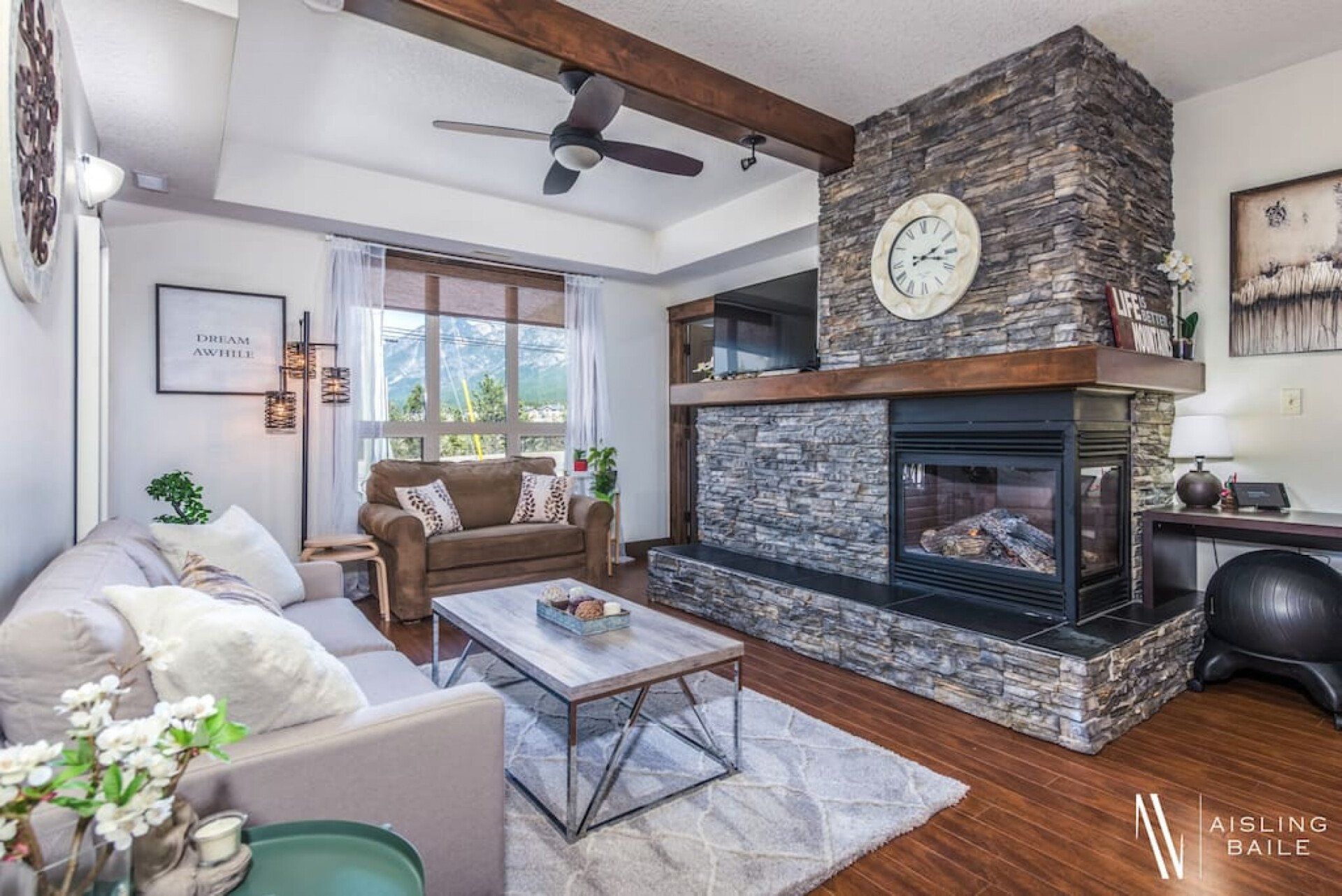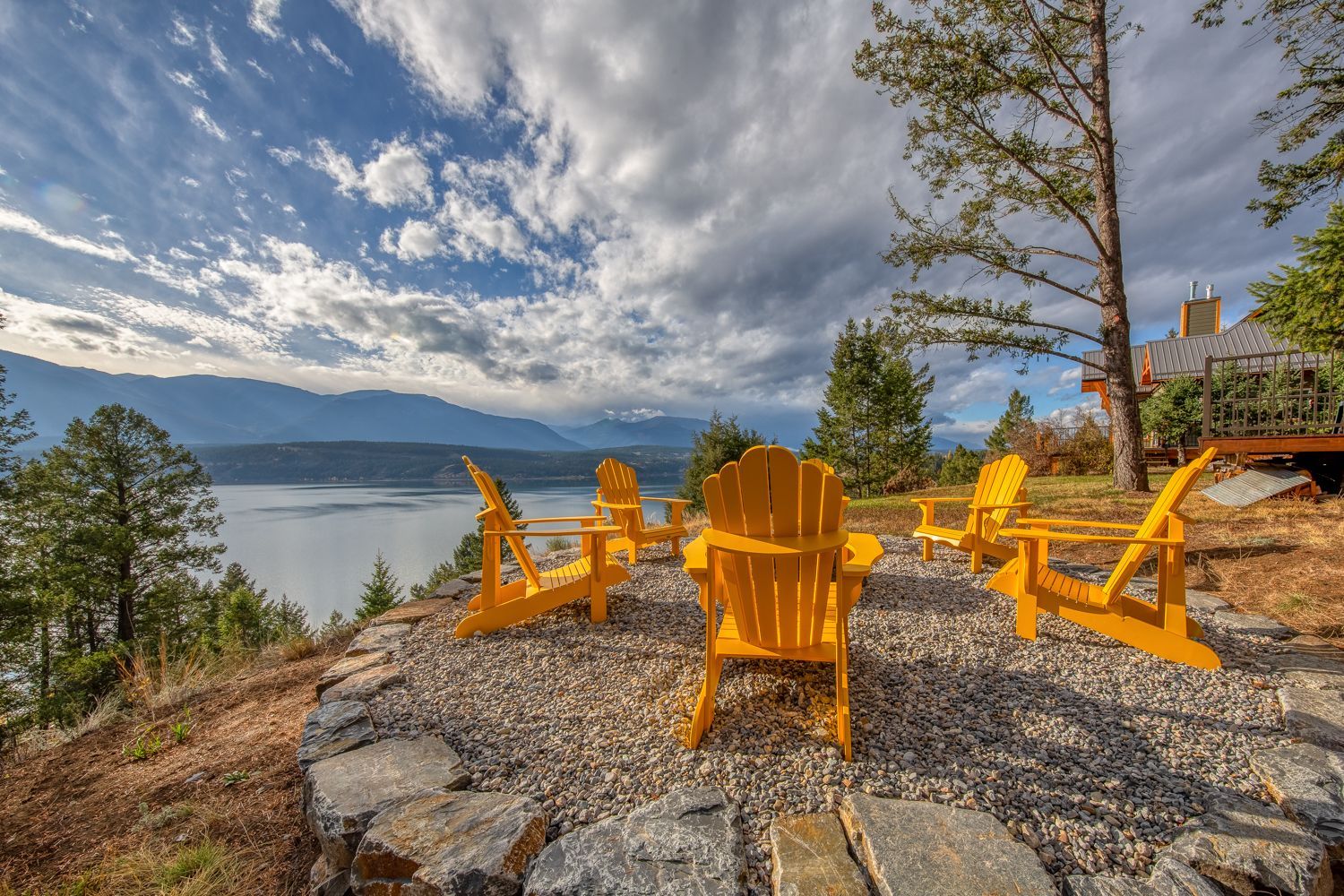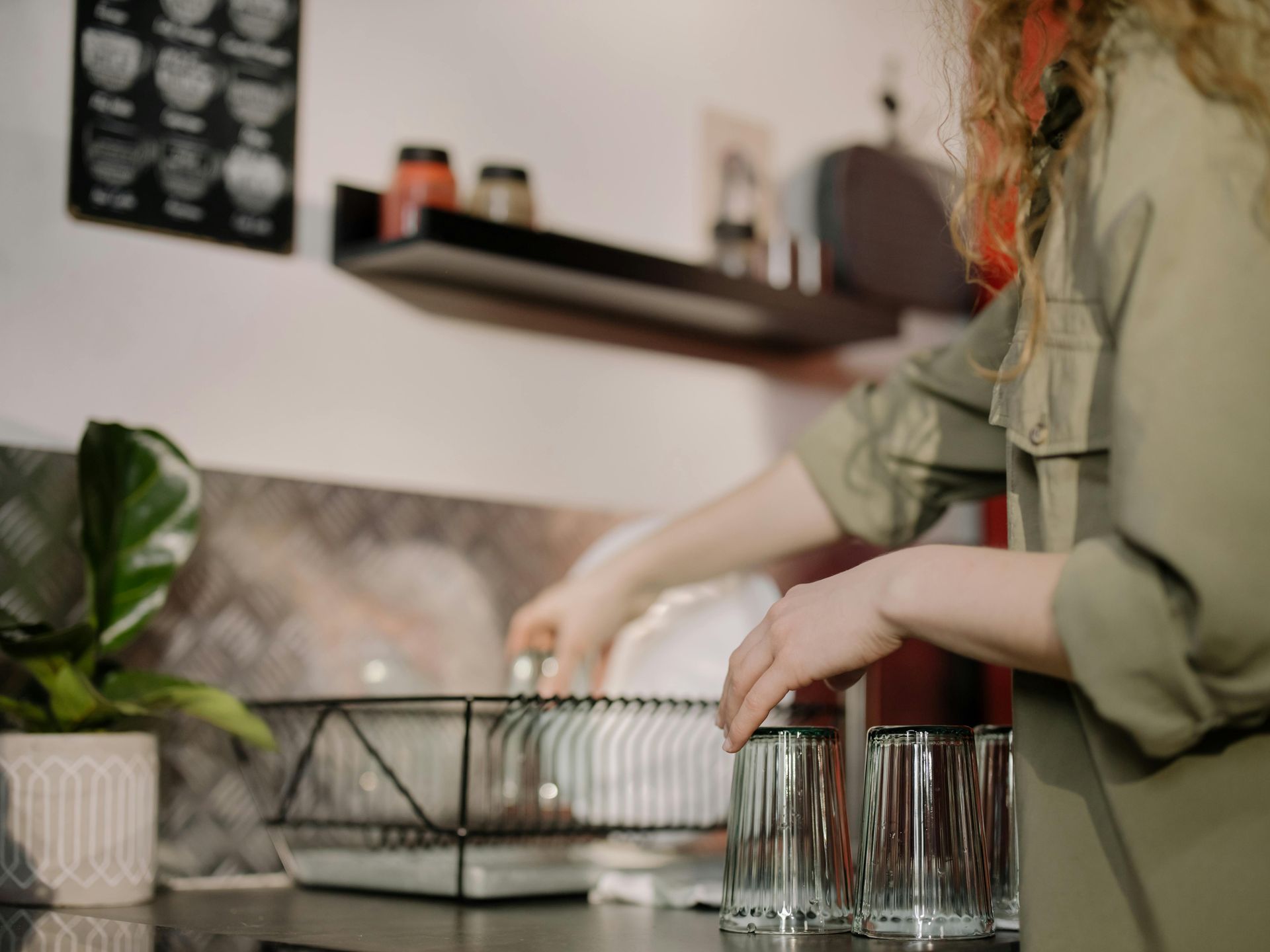Understanding Airbnb Rules in British Columbia - part 2
This is the second part of the post published in April 2022. To read the first part Click here
Licensing Rules for Airbnb British Columbia
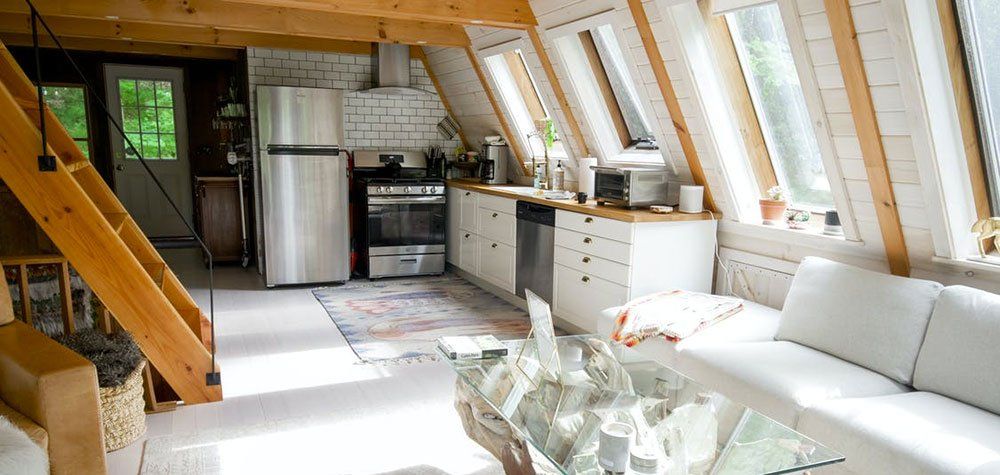
Even the best Airbnb in BC must comply with applicable regulations, both from Airbnb itself and the provincial and local governments. British Columbia’s stance on Airbnb regulation stems from its Residential Tenancy Regulation BC, which aims to protect renters and homeowners.
Let’s explore some specific licensing requirements in cities and towns throughout British Columbia.
Much of the following information is provided by Airbnb. Still, you should consult official government websites to verify this information and seek legal counsel to clarify any questions.
Airbnb Invermere BC Licensing
Invermere is taking a backseat to Airbnb licensing and regulation requirements. Mayor Al Miller said the issue is not set as a priority. More requirements may be created in the future, but Invermere is waiting to see how other townships address the situation. A recent survey was conducted to gauge public opinion, which may lead to additional regulations. Airbnb Panorama licensing falls under Invermere’s regulations.
This means that BC’s general licensing requirements apply to Invermere without any additional rules or guidelines.
Airbnb Vancouver BC Licensing
Licenses are, of course, required to operate an Airbnb in Vancouver. However, the local government’s by-laws have additional requirements:
- You can only rent out rooms in your principal residence, meaning the address used for your bills, taxes, and identification
- The rented unit must be up to building codes and fire safety regulations
- You have an STR rental business license
- Renters need the landlord’s approval to sublet
- Those living in a strata must abide by the strata’s by-laws
Airbnb Fernie BC Licensing
Fernie once disallowed all short-term rentals, but a new bylaw was adopted in 2017 that created an application process for residents who wish to operate an STR. Fees apply to the application process, and applications must be made in person. The strict process may be frustrating, but it’s better than banning STRs altogether.
What About Other Airbnb BC Localities?
British Columbia requires Airbnb operators to have a licence, but other levels of government can impose additional restrictions or regulations, as illustrated above.
The best way to obtain up-to-date information about applicable rules and regulations is to visit the official government website for the town where you’d like to operate an Airbnb. If you can’t find any information, it’s best to contact a government official or local lawyer to ensure you’re legally operating.
Taxes for Your Airbnb Short-term Rentals in BC
We’ve been largely focused on licensing, but taxes and accounting rules should also be considered. Any Airbnb BC Canada will have up to 11% in taxes collected by Airbnb, including an 8% provincial sales tax and a municipal and regional district tax of up to 3%.
You should also consider the long-term tax implications of changing the use of a personal property. This change will have income tax implications, and you may lose your status as a ‘residence complex.’ Therefore, you should consult a tax professional before renting out your primary residence. However, if your goal is to invest in Airbnb cabin rentals BC, you won’t be changing the status of your principal dwelling unit.
Always Confirm Local Airbnb Rules in British Columbia
You should always confirm current provincial and local regulations regarding STRs, regardless of whether you own rental properties or planning on investing in Airbnb cabins BC. Additionally, make sure that you understand the tax implications of turning your home into a source of income.
Navigating British Columbia’s regulations can be difficult, and managing the day-to-day operations of Airbnb investments can also prove challenging. But don’t worry, we can help.
Aisling Baile is an experienced property management company that manages short-term rentals and other vacation properties. Contact us today to discover how we can help turn your properties into an effortless source of rental income.
